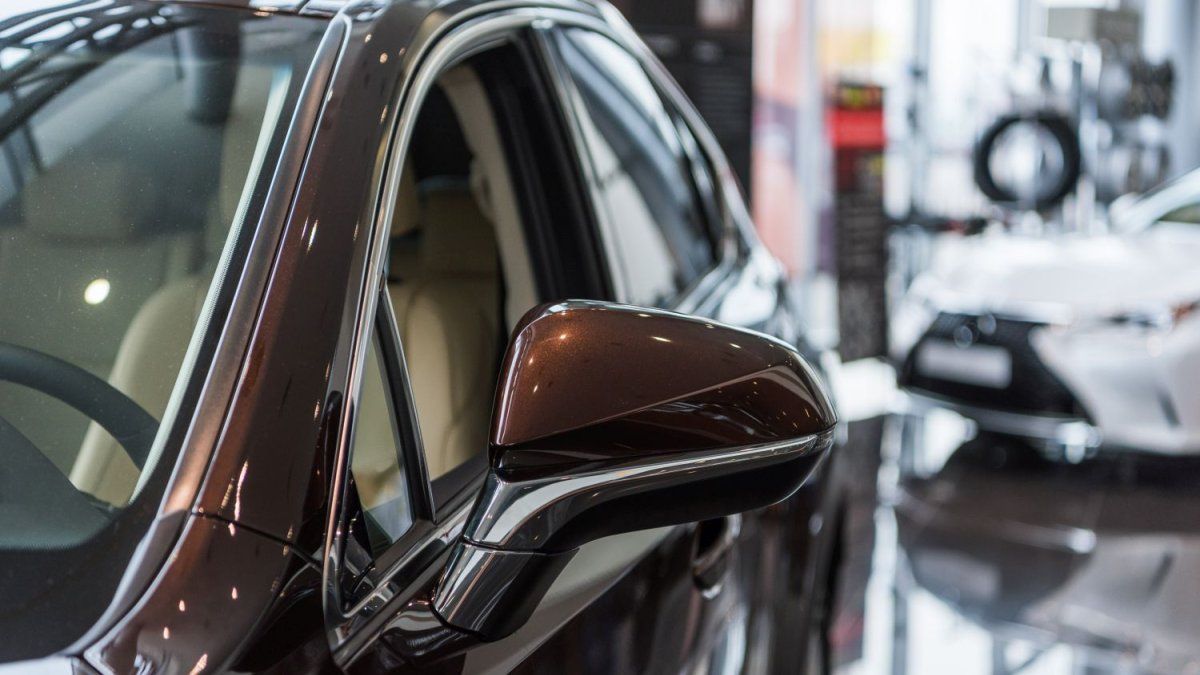Video interrogations in criminal proceedings are not new to the pandemic, although the Covid situation has given the use of video technology in the judiciary a “booster”. That’s how Alois Birklbauer, professor of criminal law at the Johannes Kepler University, put it during a panel discussion on Thursday in the Uni Center. University professor Lyane Sautner, head of the Department of Criminal Law and Forensic Psychology, criminal judge Benedikt Weixlbaumer, criminal defense attorney Norbert Wess and attorney Katharina Bisset, who specializes in personal rights, took part in the discussion.
The use of video stands in tension with the process maxim of immediacy. However, video interrogations have been part of the repertoire of case law since 1993, in the form of adversarial interrogations. According to Sautner, these are mandatory for underage victims of sexual offenses in order to spare the victim repeated statements.
The defense can ask questions through the judge, but the victim does not have to testify in the immediate presence of the accused. The problem with digital recordings is that they are easy to reproduce, Bisset pointed out. The problem with video surveys via zoom is “that everything can be recorded”. The technical security is not so far.
Wess, who is the defense attorney for ex-minister Sophie Karmasin, warned that the use of the video could limit the rights of the accused. Since Corona there has been a tendency to conduct interrogations by video because it is “a more convenient procedure”. “You can’t throw the baby out with the bathwater.” He remembers the ex-minister’s detention hearing: “I was in the courtroom with the judge and the prosecutor,” his client was connected from the cell via zoom. “I couldn’t see her, just gave her a quick wave that I’m there too.” This limited contact between clients and defense attorneys is “very problematic”. In addition, the “confidentiality of the conversation with the client must be guaranteed”. Weixlbaumer said the judges don’t take the concerns lightly. Everyone agreed that the “limit” for video use was “the questioning of the accused in the main hearing”. Discussions between the accused and defense counsel should be possible without restrictions.
“I don’t believe that the truth is told in the hall rather than on video,” said the judge. But: “I would not question sensitive witnesses from afar.” However, Weixlbaumer also sees the advantage of video interrogations in negotiations about conditional releases from the enforcement of measures. “Having people paraded is much worse for them than video questioning them under medical supervision.”
Source: Nachrichten



